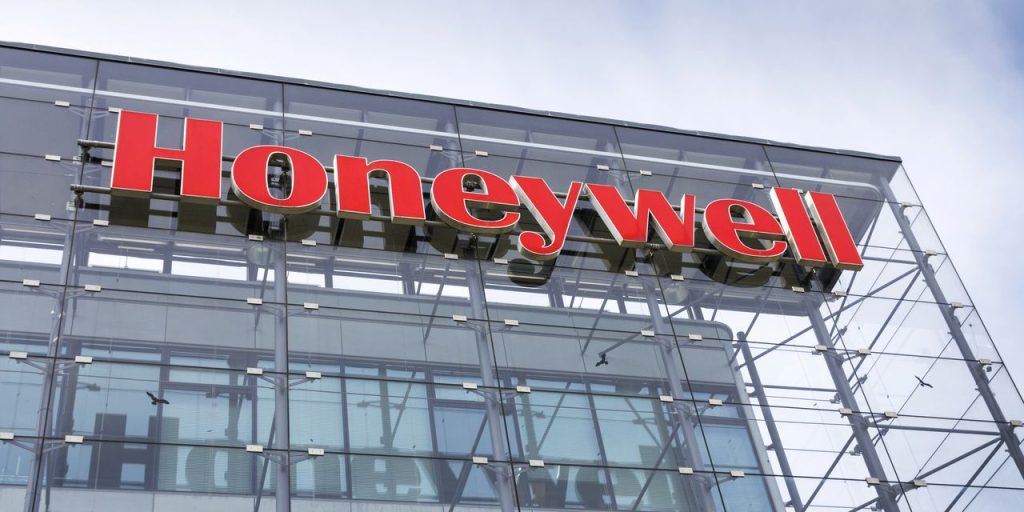The year 2030 looms large for the planet and its inhabitants, and global companies are taking bigger steps to counter global warming.
To limit global average temperature rise to 1.5 degrees Celsius, or 2.7 degrees Fahrenheit, governments and companies must slash greenhouse gas emissions roughly in half by 2030 and reach net-zero emissions by midcentury. It is a task that is becoming increasingly urgent as the Earth has already warmed an average of 1.1 degrees Celsius since preindustrial times
Every 10th of a degree matters. With just seven years till the end of the decade, a new survey from
Honeywell
(ticker: HON) finds companies are increasingly optimistic about achieving their 2030 environmental sustainability goals. The optimism is tied to technologies that include green hydrogen, carbon capture and storage, and systems that reduce the climate impacts of buildings, says Evan van Hook, chief sustainability officer of Honeywell.
“There’s greater awareness of the technological advances that are present now or that seem to have a pretty clear path to being available before 2030,” van Hook tells Barron’s. “That’s certainly part of my optimism.”
Honeywell itself has the goal of reducing its U.S. greenhouse gas emissions by 50% by 2030 from a 2018 baseline. It also has a goal to be carbon neutral in its operations and facilities by 2035. That means that all the business activities Honeywell undertakes would add no net carbon dioxide equivalent to the environment. Carbon dioxide is the main gas blamed for global climate change, but Honeywell’s goal applies to all of the greenhouse gases regulated by the Kyoto Protocol.
According to the global survey of 751 leaders directly involved with environmental initiatives in their companies, released Tuesday, sustainability goals rank as the top corporate priority over the coming six months, ahead of digital transformation and even topping profit growth.
Honeywell introduced its environmental sustainability report and index—a package it said is the first quarterly tracker of trends pertaining to global climate change—last year. Investors can use it to track sentiment regarding corporate climate goals. Ultimately, the data should give investors a feel for whether climate-related spending is accelerating or decelerating.
The latest survey found the vast majority—83%—of global companies plan to boost spending over the coming 12 months to achieve their environmental sustainability goals, while only 3% plan to decrease these investments.
Companies are also placing increasing emphasis on energy evolution and efficiency over other sustainability categories, including emissions reduction, pollution prevention and circularity or recycling.
Honeywell is one of the largest industrial companies in the world, with businesses that touch the energy, automation, logistics, aerospace, and commercial building segments. Honeywell’s businesses also tend to be about efficiency: Its products often help customers cut their energy usage.
“So much of environmental management is about efficient operations—it’s about learning where your inefficiencies are and taking steps to address them,” says van Hook “Who wouldn’t want to run more efficient operations? Everybody wants to run more efficient operations. There’s cost savings associated with that and there are reliability and resilience issues along with that.”
Write to Lauren Foster at lauren.foster@barrons.com
Read the full article here




